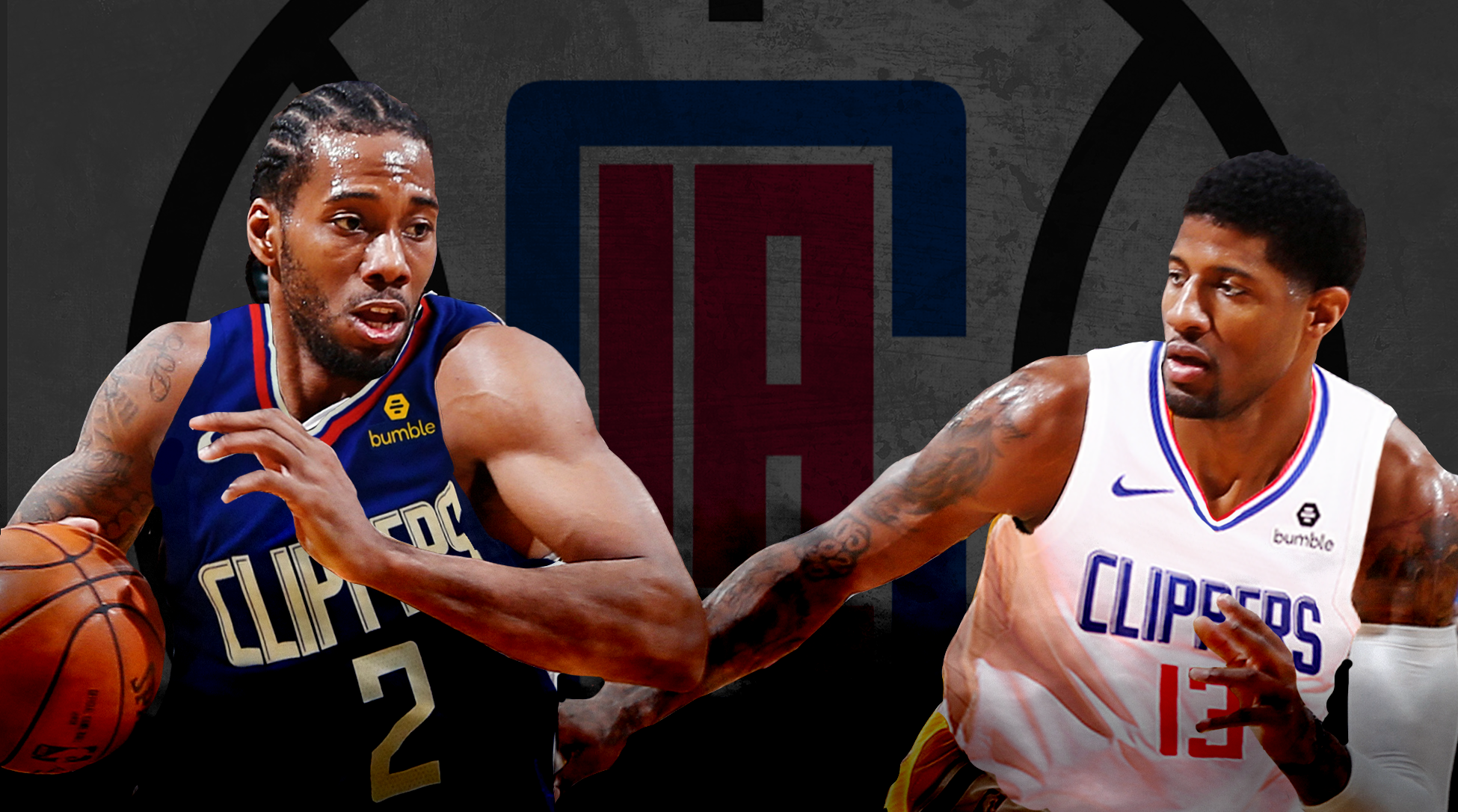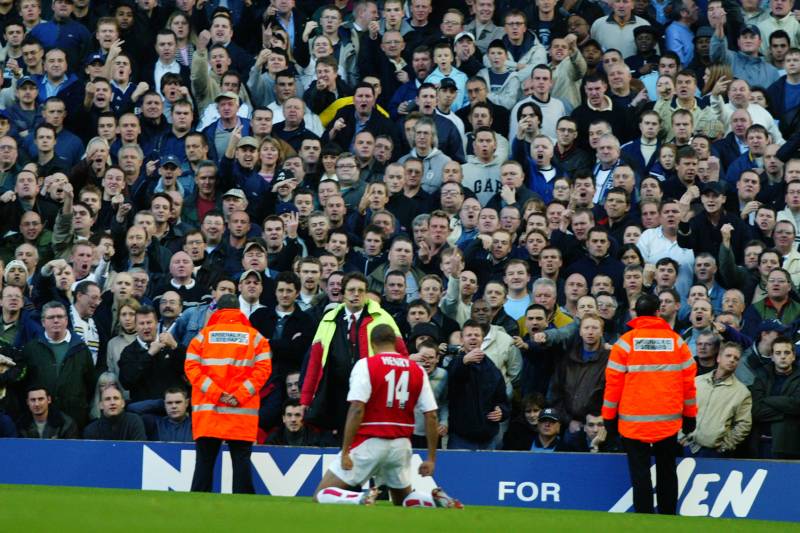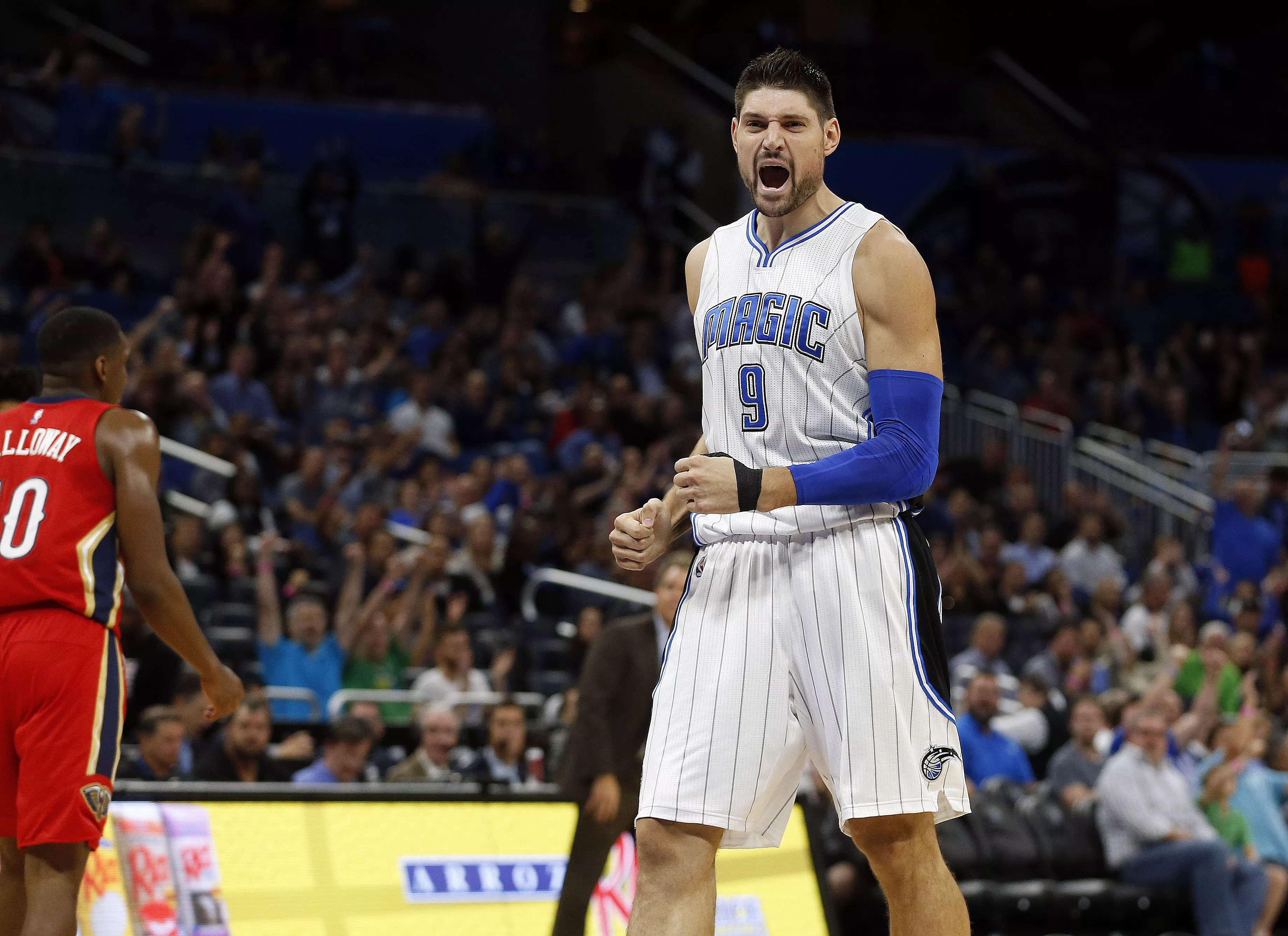After the weekly fall holiday of Monday night football was sullied by a series of awful calls that favored the Packers at home against the Lions, now seems as good a time as any for the NFL to seriously consider implementing a system analogous to the video assisted referee (VAR) systems in place in both European football and international competition.
While the NFL has toyed with the idea of implementing a so-called “sky judge” before, no concrete progress has been made. However, the introduction of the controversial pass interference review has opened the floodgates for further officiating reforms. After last season’s NFC Championship game was turned on an obvious pass interference that went uncalled, uproar led to the NFL allowing coaches to review pass interference; both whether called penalties should be withdrawn or uncalled penalties should be applied.
On the surface, it seems logical that if the league is willing to commit to a more accurate interpretation of a specific penalty instead of relying solely on the discretion of sweaty old men than all their decisions should be subject to review pending an obvious error with the call on the field. Of course, with other erroneously called penalties like hands to the face and roughing the passer directly affecting the results of games (The Lions and Steelers would be leading their divisions were other penalties reviewable this year, courtesy of the plays below), there have been calls for more robust reviewability.
I’m well aware that critics of further reviewability are concerned with the effect it would have on the pacing of the game. Regardless of the merits of that argument, I would be shocked to find a single fan who wouldn’t suffer through an extra commercial break or thirty seconds of subpar commentary from the MNF boys if it meant their team wouldn’t be cheated out of an important divisional win like the Lions were on Monday night.
A broader review system based on VAR sounds great unless, like the majority of Americans, you have no idea what VAR is because you don’t indulge in the sultry pleasure of European football. If a quick explanation is needed, VAR allows an offsite judge with an aerial slow motion view of every play to correct clear and obvious errors by the onsite officials; generally missed offsides calls and wrongfully awarded penalty kicks in soccer.

While better than relying solely on the vision and judgment of frumpy old men, VAR still has some major drawbacks that should be reformed before being implemented into America’s greatest sport. Specifically, VAR relies on the same body of officials as the on-field refs, creating an incentive to avoid reviewing all but the most egregious errors as not to undermine their own main job. Additionally, VAR officials often allow the on-field official to review his own call on a slow motion screen rather then outright overruling them (similar to the NFL’s system inside the two minute warning). In the interest of time, the NFL could forgo this extra step and simply allow their VAR equivalent to overrule the official from their superior vantage point and myriad of angles from which to make the call.

Overall fairness is a crucial aspect of any game, especially one with potentially billions of dollars on the line for players, coaches, and the gambling public. Consequently, implanting a VAR variant into the NFL is functionally a must at this point as too many teams have been cheated out of wins by shitty and unequally-applied officiating.



